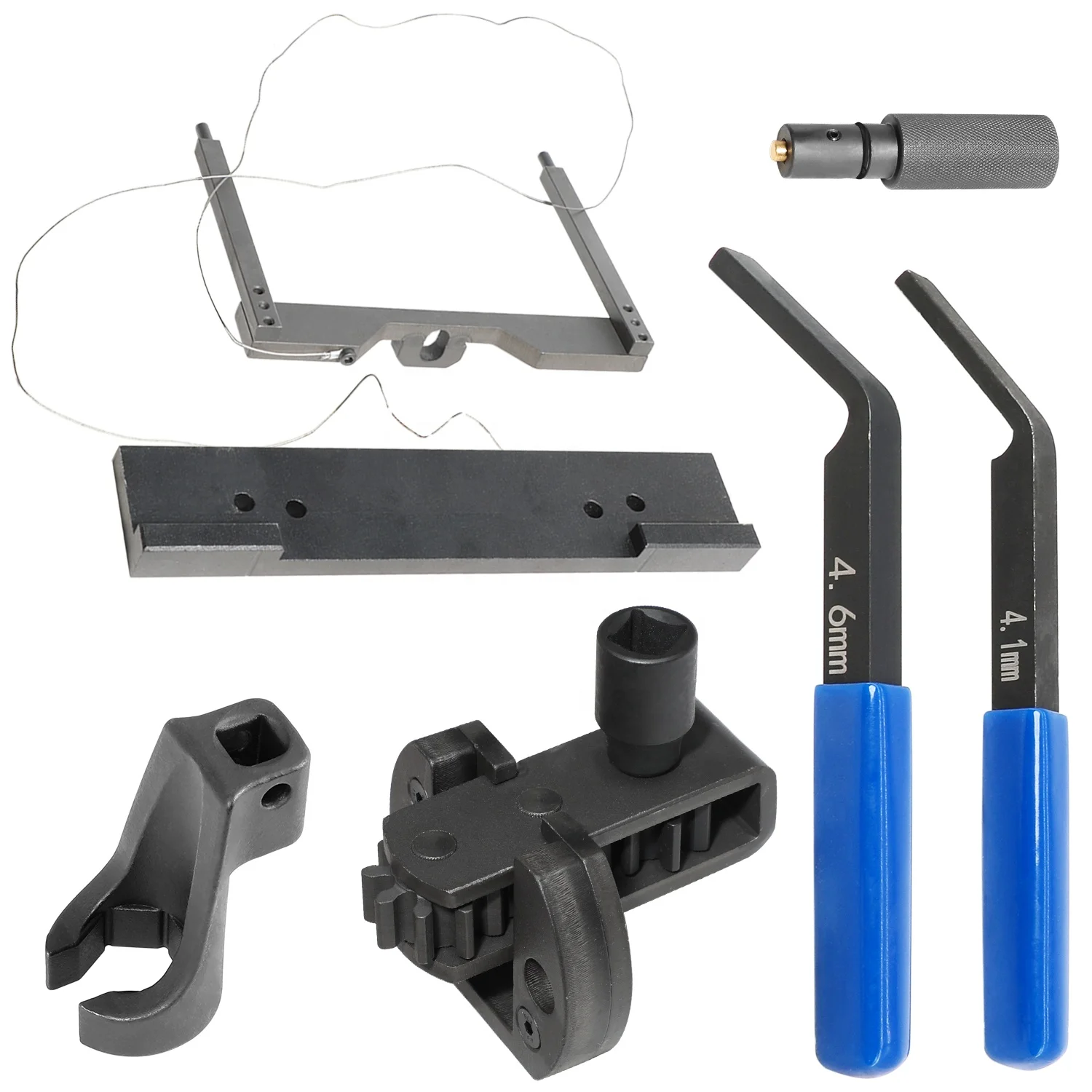Good day. Technicians need the proper diagnostic tools to diagnose and test engines Tools play a big roll in finding out what is wrong with an engine and how to fix it, this video goes over your question of which tools you need if plan on trying some light diagnose yourselves. In this post, we delve into the 5 tools you need in your toolbox today as a mechanic.

Engine Compression Check Tools
Engine Compression is a Vital Part of How Engine Perform When an engine has a good compression work it properly. Engine compression likewise needs to be checked consistently by mechanics in order for it to function properly. They do that using a tool called a compression tester. The function of this tool is to measure the amount of compression in every cylinder or parts by which an internal combustion engine associated so that it more help full for users. Low compression can be a sign of poor engine performance. From there, mechanics can dig in deeper and determine why the compression is low and remedy that or ensure their engine runs properly.
Tips to Help You Check on Engine Speed
Beyond compression testing, special tools by HTL Hongtu are also required to determine how well an entire engine is operating. Vacuum gauges, tachometers and emissions analyzers are some of the more significant Engine Timing Tools on that list. A vacuum gauge on an engine measures the amount of in HG (Inches Of Mercury), or suction. This gives a clue to the mechanic how well an engine is breathing. What is a TachometerThe tachometer shows us the speed of your engine. It provides information on how quickly an engine run. For environmental compliance purposes, the level of pollution produced by an engine is checked using an emissions analyzer. By using these tools together, mechanics can not only verify that the engine is functioning but also determine whether it is operating effectively and cleanly.
Tools for Finding Leaks
Coolant leaks can cause a big headache for engines, and if not detected fast enough the consequences are even worse. Leaks should be discovered by mechanics as soon as possible to ensure that further harm does not come about. To place out this, that they detective unit so as to may facilitate them come across someplace the leak comes from. Common leak detection Brake Tools: Dye kits UV flashlight Smoke machines The kits use a dye of special color that identifies the location of the leak upon introduction into the system. Most (professional) mechanics use UV flashlights to spot the dye in not easily accessible areas. The smoke machines create the vapor that can then be used to show where in an engine there is a leak and subsequently allow mechanics to home in on it. With the help of these tools, mechanics are capable to quickly find and resolve leaks so that engine is kept in a good condition.
Ignition System Testing Tools
The ignition system - the responsible piece for starting your engine and keeping it running. The ignition system will need to be checked by a mechanic. To do this they use a tool to check spark called a "spark tester", it is one of those indispensable Cooling Syetem Tools. Basically the spark tester allows mechanics to check if their plugs are inducing a good spark. If you have no spark plugs, there is nothing to ignite the fuel in your flathead engine. If the spark plugs are not which means there is an ignition system issue. Then, mechanics can conduct a diagnosis to determine the issue and repair it so that you may be back on your way with an engine running smoothly.
Fuel System Checking Tools
Fuel System: The fuel system is responsible for bringing the engine its lifeblood, in other words-fuel. The mechanics have the responsibility of examining engine fuel if it works properly. To verify the fuel pumps, pressure gauges will be used to test and determine at which level of psi your car sits. If the fuel pressure reading is low, that suggests there's a problem with the delivery of gas. From that point mechanics can diagnose what is wrong and causing the low pressure. When mechanics repair any issues in the fuel system, they guarantee that your engine receives adequate supply of its necessary "food" so it can run smoothly.

